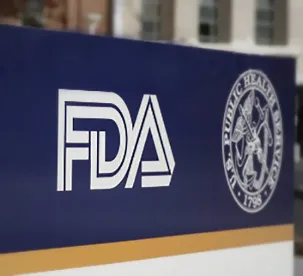On February 16, the FDA published a response about questions about levels of heavy metals in baby food, as indicated in a Congressional report released on February 4. Our summary of that report is available here. In the response, the FDA states that toxic elements, such as arsenic and lead, are present in the environment and may enter the food supply through soil, water, or air. Thus, they cannot be completely avoided in the fruits, vegetables, or grains that are used in baby foods, juices, and infant cereals. Such elements also cannot be avoided through the use of organic farming practices.
The FDA highlighted the following in the response:
Consumers should know that FDA scientists routinely monitor levels of toxic elements in baby foods, along with other foods consumed, through the Total Diet Study. Further, the FDA monitors baby food under FDA’s compliance program for Toxic Elements in Food and Foodware, and Radionuclides in Food and through targeted sampling assignments.
The FDA takes steps to reduce levels, such as using science to set action levels, making data public, and working with industry on identifying effective mitigation strategies. For example, food manufactures have made progress in arsenic reduction through selective sourcing and testing, as evidenced by FDA sampling of infant rice cereal since 2011. Further, the Agency has published a final guidance that sets action levels for inorganic arsenic in rice cereal for infants. According to the FDA, infant rice cereal is safer than it was a decade ago because of these efforts, and the Agency expects that such levels will continue to be reduced because of emerging science and good manufacturing practices.
The FDA has multiple ongoing Import Alerts for toxic elements in food, including arsenic in fruit juice, bottled water, and dietary supplements, in order to prevent foods and dietary supplements with high levels of heavy metals from entering the US.
The FDA provides consumers with actionable advice to limit exposure to toxic elements from food. For example, consistent with the Congressional report’s recommendations, the FDA has communicated advice about the importance of feeding infants a variety of foods. Fortified rice cereal is a good source of nutrients for infants, but it should not be the only source.



 />i
/>i

